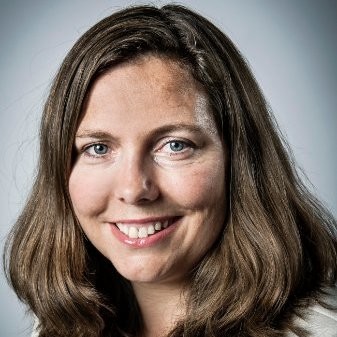
Bianca Buurman
– University of Amsterdam, Netherlands
Throughout the world there are shortages of nurses and health care demand is rising due to aging. We have to find ways to transform health care systems so that patients still have access to high quality care. It requires us to make choices and lead the way to a health care system that improves outcomes, can retain and attract nurses and diminishes overall health care needs of patients. Nursing can be the key driver of change. The lecture will touch on the ways to increase influence and study the impact of nurse-driven innovation.
Bianca Buurman is the president of the Dutch Nurses and Carers association V&VN, the professional association for nurses, carers and clinical nurse specialists. She also works as a professor of acute geriatric care at the Amsterdam UMC, The Netherlands. She started her career as a (oncology) nurse at the AMC and in 2020 was Chief Nursing Officer at the Ministry of Health, Welfare and Sports. Her research focuses on the onset of acute care needs of older adults and ways to organize care differently, so that this leads to better outcomes for the older adults.
With 105,000 members, V&VN is the largest professional association in the healthcare sector in the Netherlands. In the next 10 years, the major developments in healthcare will take place in the nursing and care domain: prevention, improving health, promoting physical, psychological and social functioning and self-reliance. In the coming years, V&VN will be committed to 1) developing, making accessible and sharing professional knowledge, by means of the national nursing guideline institute of V&VN, 2) education and lifelong development of all professional nursing groups and 3) increasing the influence of the nurses’ professional voice.
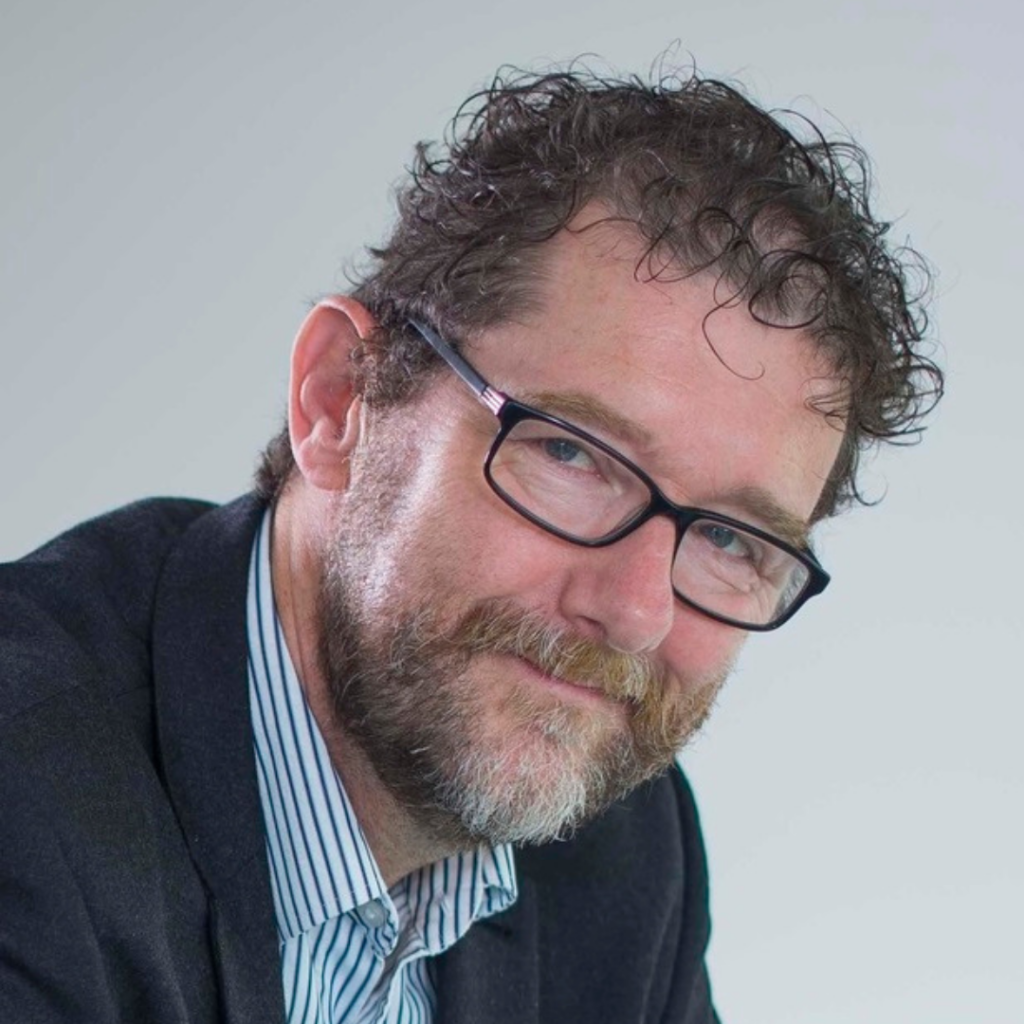
David Richards
– Western Norway University of Applied Sciences, Bergen Norway & University of Exeter, United Kingdom
Fundamental nursing care is defined as actions on the part of the nurse to meet people’s essential physical and psychosocial needs – such as oral care, toileting, nutrition, mobility, emotional and psychological wellbeing, underpinned by nurses developing a positive and trusting relationship with the person being cared for and their informal caregivers. Despite a considerable amount of theoretical work – arguably stretching back to Florence Nightingale’s time – the evidence base for fundamental nursing care has been described by Alison Kitson as “the last evidence-free zone in health care”, due mainly to the lack of experimental methods in clinical nursing studies. The challenge is there for researchers in nursing to build our confidence, take up new complex interventions experimental methods, move from a comfortable adherence on qualitative and other observational methods and take the scary step into experimentation.
David Richards is Professor at the Western Norway University of Applied Sciences and Emeritus Professor at the University of Exeter UK.
He has been a registered nurse for almost 40 years and is at the forefront of international efforts to improve the evidence base for depression management, psychological therapies, and fundamental nursing care. He integrates experimental and observational research on complex interventions, to improve the usefulness of research for patients, informal carers, policy makers, and clinicians.
David has published over 280 journal articles, edited two clinical and research text books including the best-selling research methods textbook ‘Complex Interventions in Health’, and has led more than £14m (€16.3m) of externally funded research in the UK and Europe. He was chief investigator of the COBRA and CADET trials of psychological therapies and the ‘COVID-NURSE’ clinical trial, evaluating a pandemic-specific fundamental nursing care protocol used by nurses caring for patients admitted to hospital with COVID-19.
He was the President of the European Academy of Nursing Science (2012-18) and inaugural Head of Nursing at the University of Exeter (2017-20).
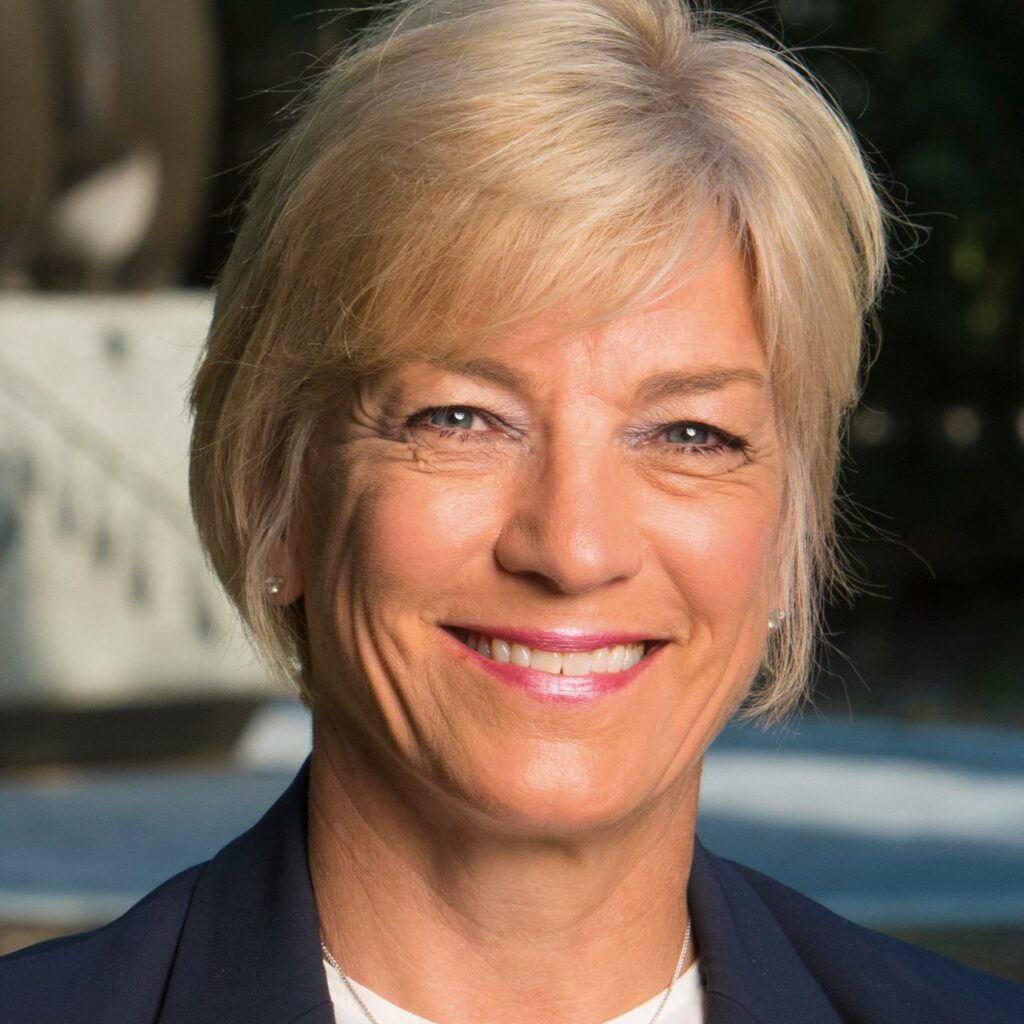
Greta Cummings
– University of Alberta, Canada
While the COVID pandemic exposed many longstanding vulnerabilities affecting the nursing and midwifery workforce and profession, locally and globally, it has also shone a light on new challenges and thereby new opportunities. The nursing profession has reinvented itself many times over its long history. Now is the best time to envision the future of the nursing profession and practice in human healthcare delivery systems – equitable, advanced education, evidence informed, holistic, integrated, interdisciplinary collaborations, and sustainable.
Greta Cummings is the Dean and Professor, Faculty of Nursing at the University of Alberta, Canada and most recently completed a 2 year term to build the College of Health Sciences at University of Alberta, comprising 6 health faculties.
Passionate about relational nursing leadership that empowers individuals, teams, and organizations to achieve shared goals, Dr. Cummings leads the CLEAR Outcomes (Connecting Leadership Education & Research) research program in leadership science, which focuses on leadership practices of healthcare decision-makers to achieve better outcomes for providers and patients. Dr. Cummings has systematically documented both positive and negative effects of specific leadership practices on outcomes for the health system, the healthcare workforce and for patients. Dr. Cummings also leads the Older Persons’ Transitions in Care (OPTIC) research program which examines the quality of transitions of frail elderly clients to acute care services, in order to avoid unnecessary transitions for frail seniors, and to improve those that must occur.
Dr. Cummings has published over 260 papers and is a 2014 Highly Cited Researcher in Social Sciences (Thomson Reuters).
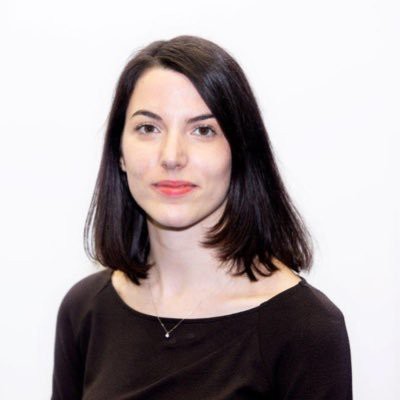
Lia Brigante
– World Health Organization, United Kingdom
An overview of the evidence on continuity models of care, including policy and practice implication. The transition to primary care midwifery models of care is advocated by WHO and supported by robust evidence, midwives can meet 90% of the sexual reproductive maternal and neonatal health needs of the population if practicing within their full scope of practice.
Lia Brigante is a midwife with over a decade of experience, she has been working in a series of roles including clinical leadership, research, policy and advisory. Lia joined the Royal College of Midwives, one of the largest midwifery associations, in 2017, contributing to improvement of maternity policy and midwifery practice across the UK and internationally, closely working with the European Midwifery Association (EMA) and representing ICM on WHO Guidance Development Groups. Lia has been elected as Board Member for Europe of the International Confederation of Midwives (ICM). Lia is a member of the WHO STAGE Midwifery working group supporting the global transition to midwifery models of care. In her development role as Consultant Midwife in Public Health at Guy’s and St Thomas’ NHS Foundation Trust in London (UK), Lia led the Lambeth Early Action Partnership (LEAP) maternity portfolio including an innovative model of community-based care integrated with early years services. Lia has conducted research on midwife-led settings provision, the role of consultant midwives and ‘higher risk’ women’s experiences of midwifery continuity of care, as co-investigator of the POPPIE trial at Kings’ College London as part of her MSc in Implementation Science. Lia is a visiting research fellow at King’s College London and is a visiting lecturer for MSc programmes in global and public health at King’s College London and City University of London.
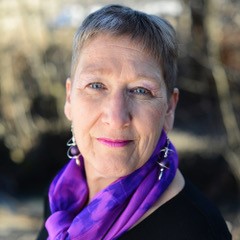
Mirjam Lukasse
– University of South-Eastern Norway & Oslo Metropolitan University, Norway
Caring for pregnant women has a long history of promoting health and identifying threats to the health of the mother and her offspring. Traditionally the focus was limited to physical risk factors such as high blood pressure, anemia, diabetes and similar. More recently other risk factors have been given attention including mental health issues, drug and alcohol dependency, a history of violence, poverty, single parenthood, and recent immigration. As most women attend antenatal care midwives have a unique opportunity to identify women with such vulnerabilities and provide appropriate individualized woman-centered respectful care. Continuity of care with the same midwife or small team of midwives offers an opportunity for building a trustful relationship, a requirement for women to disclose some of the less visible struggles they may have. Midwives actively working with vulnerable women experience challenges with interprofessional and intersectoral collaboration.
Mirjam Lukasse became a nurse in Sittard (1982), the Netherlands and a midwife in Belfast (1984), Northern-Ireland. She has worked as a midwife in Pakistan, the Netherlands, the UK and Norway. She completed her Master of Science in Midwifery at Surrey University, Guildford (UK) in 1998. Lukasse moved to Norway in 1998. In Oslo she worked for several years at a midwifery led unit (ABC) followed by employment at a highly specialized obstetric unit (Rikshospitalet). Lukasse completed her PhD in Health Science at the University of Tromsø (Northern Norway) in 2011. The theme for her thesis was childhood abuse and pregnancy and childbirth. Lukasse continued with the theme of violence against women and pregnancy and childbirth as a post doctor, three years financed by the Norwegian Research Council. Since then, Lukasse has been involved in and led research projects on identification and support of vulnerable women, gestational diabetes, prolonged labor, pain relief in labor, latent phase of labor, cross-cultural doula support, labor induction at home, continuity of care and midwives working conditions. Lukasse has experience with quantitative and qualitative study designs, including cohort studies, randomized controlled studies, mixed methods and systematic text analysis. Lukasse teaches at the master in midwifery education in Vestfold at the University of South-Eastern Norway and is supervisor for master and PhD students for their research and thesis.
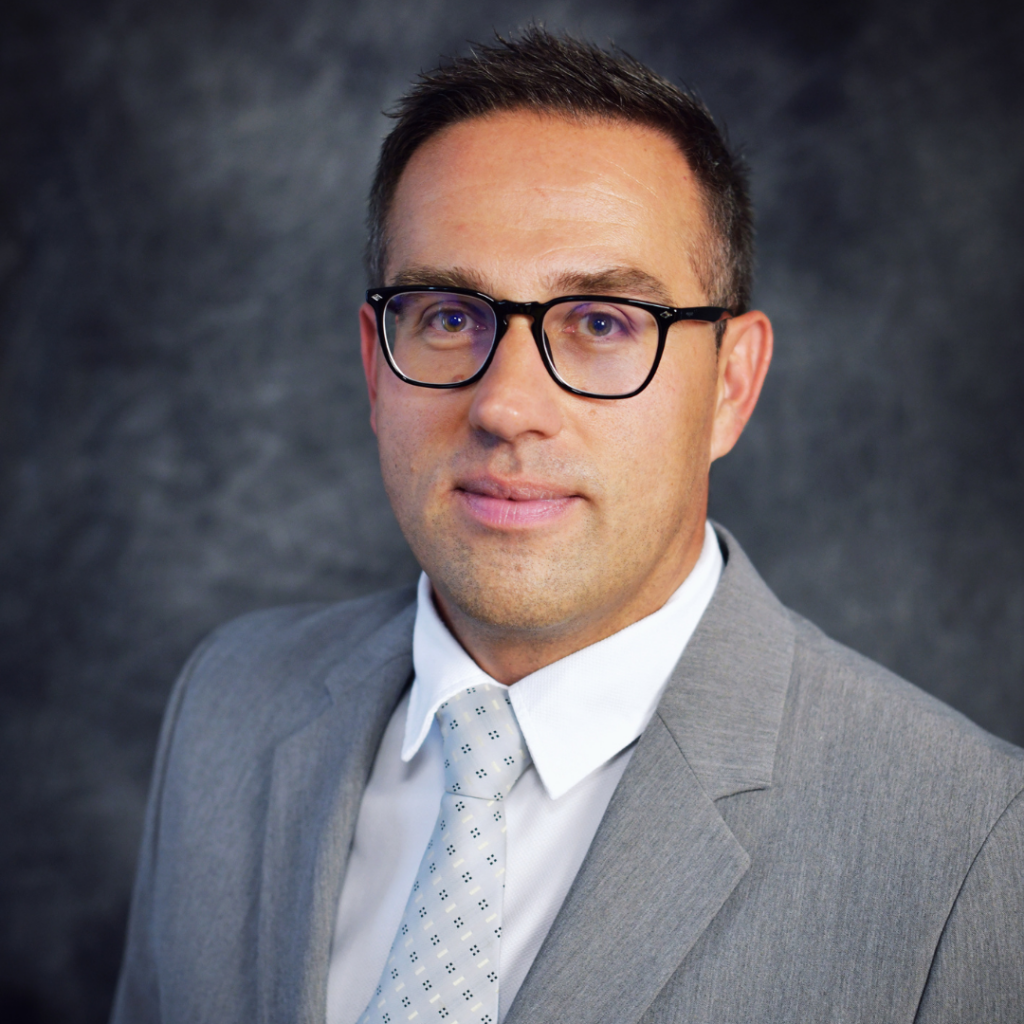
Mirko Prosen
– University of Primorska, Slovenia
The professionalisation process is a collective strategy used by an occupational group to achieve the recognized status of a profession. More specifically, it can be defined as a process in which occupations become, or seek to become, publicly recognized as a profession or aspire to be so, depending on the extent to which they meet predetermined criteria. Traditionally, professionalisation has been associated with expert knowledge and skills, autonomy and jurisdiction over practice, and ethical behaviour, but in postmodern society the elements of professionalisation have changed to focus more on the user’s perspective and less on the profession itself. This includes the ability of nurses to participate effectively in interprofessional collaboration to plan and implement evidence-based nursing care and ensure optimal outcomes for patients. Evidence suggests that interprofessional collaboration among health care professionals enhances their collective awareness of each profession’s role and the knowledge and skills that each professional group possesses. The question arises, however, whether true interprofessional collaboration, in which the nursing profession is seen as equal partner, really exists (and/or is encouraged) in the clinical setting, and if so, to what end.
Mirko Prosen is currently Associated Professor of Nursing
and Senior Research Associate at the Faculty of Health Sciences, University of
Primorska (Slovenia).
He received his BSc from the University of Ljubljana and his
MSc from the University of Primorska (2002 and 2011, respectively) and received
his PhD in Sociology from the Faculty of Arts, University of Maribor in 2016.
Before entering academia, he worked in clinical practise in the field of
women’s health and obstetrics. Professor Prosen’s research interests include
transcultural nursing, sociology of health and illness, professionalisation of
nursing, and nursing education. As a researcher, he has been involved in many
national and international projects in nursing and interdisciplinary health
issues. He has authored and co-authored numerous scholarly articles, book
chapters, and conference papers, and serves as an editor, editorial board
member, and reviewer for several scholarly national and international journals.
Prof. Prosen’s research has led to his being invited to
speak at a variety of scientific events. Since 2018, he has been a visiting
lecturer at the University of Rijeka (Croatia) (Department of Nursing,
Department of Midwifery). He is actively involved in several international
nursing and other associations and societies, including Sigma, European
Transcultural Nursing Association, European Society for Health and Medical
Sociology, NuPhaC, etc. He
has received several important national
and international recognitions for his research/education career,
including the highest national award “Republic of Slovenia ward for
outstanding achievements in higher education for 2022”.

Mirjam Lukasse
– University of South-Eastern Norway, Borre, Norway
– Oslo Metropolitan University, Oslo, Norway
Lecture: An app for everything! Experiences from a randomised controlled trial testing an app for women with gestational diabetes
Mirjam Lukasse is a professor in midwifery at the University of South-Eastern Norway and Oslo Metropolitan University. Lukasse completed her nursing education (1982) in the Netherlands and midwifery (1984) and MSc in advanced clinical practice (1998) in the United Kingdom. She has practised midwifery in England, the Netherlands, Pakistan and Norway. Lukasse defended her PhD thesis on Childhood abuse and pregnancy and childbirth in 2011 at the University of Tromsø, Norway. Since then she has continued her research within the field of violence against women and in the general field of midwifery. Topic of research include, slow progress in labour, induction of labour, information (web-site) for women at home in the latent fase, an app for women with gestational diabetes, a video promoting safety behaviours for pregnant women, the use of pudendal pain relief, a model of continuity of care in Palestine and interventions for women experiencing domestic violence in Nepal.
